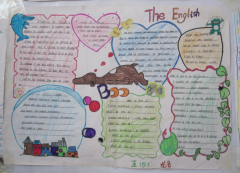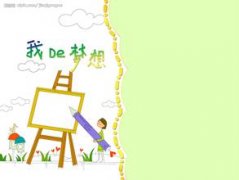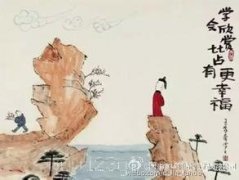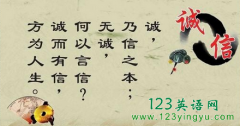Directions: For each blank in the following passage there are four words or phrases marked A, B, C and D. Fill in each blank with the word or phrase that best fits the context.
Archaeologists are scientists who search for clues that help form a clearer picture of the lives people led in the past. Archaeology is a modern science, but it has been ___1___ for centuries. More than 2,400 years ago, the Greek historian Herodotus described the Egyptian pyramids and other monuments. He may have been the first writer to consider that remains and ___2___ could provide information for ___3___ generations. For more than a thousand years, however, such ___4___ were observers rather than researchers.
In the 1700s, scientists and adventurers from a variety of countries traveled ___5___ to explore ancient sites. Digs that are still ___6___ began in 1709 at
Today, archaeologists uncover the past in many different ___10___, including deserts and jungles, at sites called digs. Ancient sources, folk tales, and landscape features can suggest where archaeologists should look. Surveys of the land help them choose sites ___11___ to provide artifacts, the objects that will unlock the story of a particular people — their daily lives, their beliefs, and their ties to other cultures. A site, however, does not have to be old to be interesting to an archaeologist. Some prefer to study more ___12___ settlements. One scientist, for instance, studies coal mining camps in
1. A. adventuring B. changing C. digging D. evolving
2. A. books B. history C. ruins D. science
3. A. lost B. later C. older D. several
4. A. inventors B. scholars C. visitors D. writers
5. A. extensively B. nationwide C. regularly D. together
6. A. in progress B. in good condition C. on display D. out of control
7. A. Besides B. However C. Instead D. Meanwhile
8. A. coined B. considered C. recognized D. used
9. A. created B. developed C. established D. investigated
10. A. countries B. fields C. locations D. ways
11. A. certain B. likely C. ready D. necessary
12. A. honorable B. peaceful C. rural D. recent
13. A. gave away B. gave off C. left behind D. left out
14. A. choosing B. examining C. studying D. protecting
15. A. aware of B. fed up with C. ignorant of D. familiar with
1-5 DCBBA 6-10 ABADC 11-15 BDCDC








